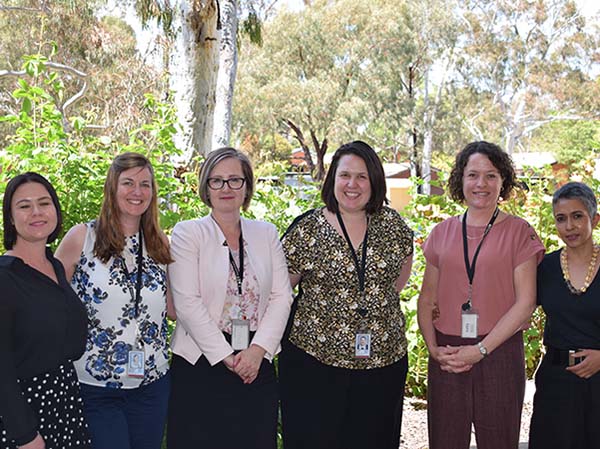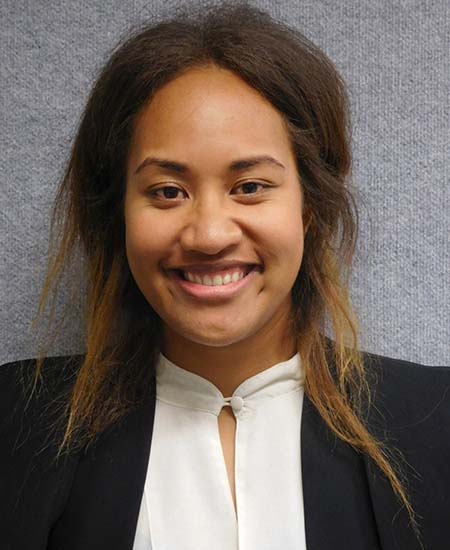14 Oct 2020

Children start life in vastly different places, with different abilities, backgrounds and personal circumstances. A strong education system provides not only teaching and learning, but diverse, tailored support for students who need extra assistance to ensure they can learn.
Highly skilled allied health professionals work in the ACT public education system in a variety of specialised roles to support the wellbeing of students. When a student’s fundamental needs are met, they can engage fully in learning.
Allied health professionals in the directorate work in the Network Student Engagement Team (NSET) to provide holistic, wrap around wellbeing and engagement services through ACT public schools, these roles include senior psychologists, speech and language pathologists, occupational therapists, physiotherapists and social workers and more.
Think of education as a puzzle, with each student needing unique pieces to create a full picture.
For many young people, allied health professionals are a crucial puzzle piece, a speech and language pathologist might help bridge a communication gap so a student can connect with their classroom teacher.
A social worker may connect a student to the transport services they need to attend their local public school.
With the help of a school psychologist, students are supported to cope with mental ill health and in turn, have better capacity to engage with their learning.
For Allied Health Professionals Day, we spoke to two allied health professionals working in the Education Directorate to find out a little bit more about their role and the important work they do in ACT public schools. You can read about one of our social workers Liz below and occupational therapist Maddi in this week’s Staff Spotlight.

Liz is a social worker in the South Weston school network, she is passionate about the wellbeing of all the students and families she works with. Having worked in the industry for ten years, Liz has built up a strong network of support services, she knows exactly what services are available in the community, and with just a few calls, she can connect students with the assistance they need.
“I’m passionate about education and the rights of young people to access it. Often there are some adversities the students have gone through, or something is impacting their ability to attend school. I meet with the family in a comfortable setting so they can tell me their story, then I work with the external agencies and with the other allied health professionals in our team to find the perfect fit of support services for them,” Liz said.
Social workers work holistically with other allied health professionals to help students who are disengaged with their learning to get back on track. There are a number of reasons why a student might become disengaged, every situation is unique but all are worthy and all can be helped. This looks different for every family.
“Maybe they’ve been out of school for years, maybe they’re struggling with mental health concerns, family domestic violence or bullying. We work out what the student needs and how we can assist. Our ultimate goal is to get students engaged in learning again,” Liz said.
So, what does it take to be a social worker? Liz notes a few key qualities of a social worker.
“You’ve got to have a passion for working with children and young people and ability to build relationships, optimism, empathy. I enjoy it, it can be hard at times, you need a supportive team and a good manager to support you through it. I work with a great team here,” Liz said.
“As we don’t get to work long term with the students, I don’t always get to see the outcomes, but I have confidence in the networks I’ve built and the services I’ve linked them up with, so I know that they’ll take good care of the students and their families.”
“Advocacy is a huge part of social work, my job is all about making sure students feel like they have a voice.”
